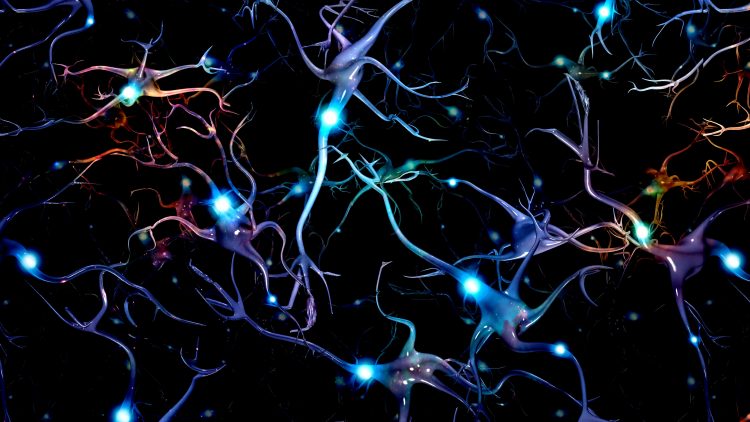NC Veterinary Pain Short Course
June 5 - 7, 2026
hosted by CPREC (NC State Comparative Pain Research and Education Center)

NC State College of Veterinary Medicine is proud to host the sixth international Veterinary Pain Short Course on pain, pain mechanisms and novel therapies in veterinary medicine, June 5 – 7, 2026 NC State College of Veterinary Medicine, Raleigh NC. This meeting is unique in veterinary medicine for its emphasis upon fundamental (basic) principles and mechanisms of pain as they pertain to the veterinary patient.
Pain in the veterinary patient is a rich and complex phenomenon. The development of therapeutics to manage that pain state has been a subject of great interest, and advances in therapeutics reflects upon the growth in our understanding of the basic mechanisms in pain processing.
Interest in pain and its management is a natural focus of the veterinary profession as mandated by the AVMA and the standards set by the AAHA/AAFP and practiced by the International Veterinary Association for Pain Management (IVAPM).
Vet Pain is unique for a detailed emphasis upon fundamental principles and mechanisms of pain as they pertain to the veterinary patient.
Course consists of lectures with comprehensive lecture handouts and representative papers
This program will apply veterinary continuing education credit approved by RACE.
Topics
- Intense review of mechanisms of pain processing
- Behavior and Biology of Stress Driven Pain in Veterinary Medicine
- Therapeutic drug delivery
- Ion channel targeting therapeutics
- Innovation in monoclonals for pain
Registration fee includes scientific sessions, reception, lunches and electronic proceedings
DVM / PI Registration $500. Resident / Post Doc – Grad Student $250 / DVM Students free